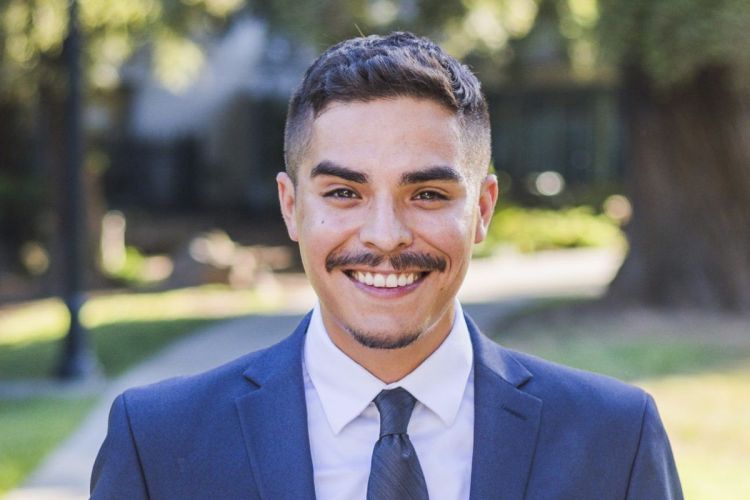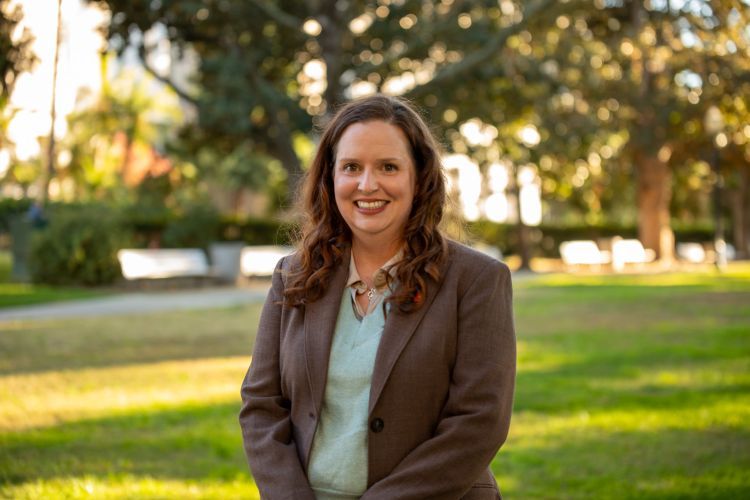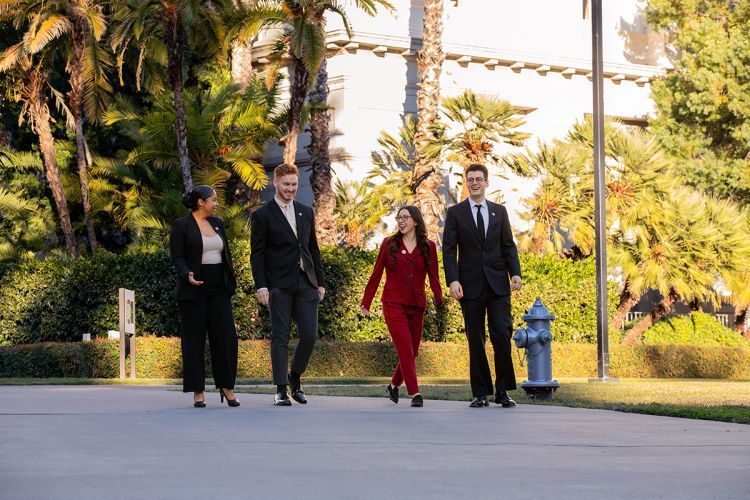Breadcrumb
Civil rights attorney lends a voice to marginalized communities

Jade Gasek, '20, is practicing in the area he is passionate about, civil rights law, as an Orrick Fellow at Howard University Law School's Civil and Human Rights Clinic.
Jade Gasek, ’20, has long been passionate about civil rights law. His experiences growing up in Montana as part of a Mexican and Native American family, imbued an enduring interest in giving a voice to marginalized communities in him.
Gasek saw working in civil rights law as a long-term career objective – a field of practice he aspired to engage with once he had more experience as an attorney and his student loans were paid off.
However, after graduating from University of the Pacific McGeorge School of Law, Gasek was offered a prestigious position at Orrick, Herrington & Sutcliffe LLP, where he was given the unexpected opportunity to work in civil rights.
Gasek’s experiences at McGeorge positioned him to excel as an Orrick Fellow, part of the firm’s initiative to advance a more just and equitable society by loaning out new attorneys to a variety of civil rights organizations around the country. Gasek chose to work with Howard University, a historically black university in Washington, D.C. He worked with the university’s Thurgood Marshall Civil Rights Center for the first six months of his fellowship then transitioned to the Law School’s Civil and Human Rights Clinic, where he works now.
Gasek is part of a group of four attorneys who supervise the Clinic, which has between 10 and 20 students per semester. The team litigates cases at both the trial and appellate levels in a variety of civil rights actions.
He predominantly works on police and other law enforcement misconduct cases, including cases against active police or correction officers who work in jails and prisons. The cases often concern use of force or use of deadly force. In fact, for about a year, Gasek has represented a family from Mississippi in a use of force case in which their loved one was killed by the police — a case he hopes is resolved soon.
Some of Gasek’s greatest accomplishments have been submitting amicus briefs to the Supreme Court, most recently in Dobbs v. Jackson Women's Health Organization.
“We detailed how restrictive abortion laws like Mississippi’s negatively impact communities of color, particularly black women in the South,” Gasek explained. “It has been really rewarding trying to help provide that historical perspective to the Court.”
Gasek chose to explore his passion for civil rights at McGeorge. As a student, Gasek was an academic standout. He graduated as valedictorian after earning the highest grades in nine of his classes.
One of those classes was Race, Mass Incarceration, and Criminal Justice Reform.
“It is a timely issue that affects many areas relevant to the law, even outside the criminal legal system,” Gasek said. “Discussing these issues in an academic setting was valuable and made approaching the topic more palatable.”
Another class Gasek enjoyed was Marijuana Law, taught by Distinguished Professor of Law Mike Vitiello, who wrote one of the first books on the subject.
“Professor Vitiello was one of several professors that I had at McGeorge who wrote the textbook that they taught from,” Gasek said. “It was a more personal experience to have my professor be able to speak directly to what is written in this book.”
Gasek also found a sense of community as part of Lambda Law Students Association and has fond memories of Fall Spectacular, a fundraiser for McGeorge’s Jeffrey K. Poilé Memorial Civil Rights Endowed scholarship.
The support that Gasek received from faculty stands out to him.
“I felt like I had a personal relationship with almost all my professors. I would frequently go to office hours to ask questions, and even just chat about life,” Gasek said. “That was not an experience that I had in my undergraduate career and is something that I really, really value about McGeorge.”





